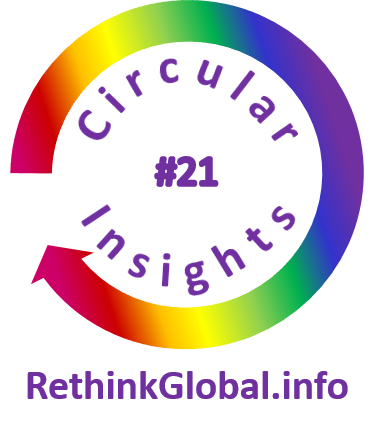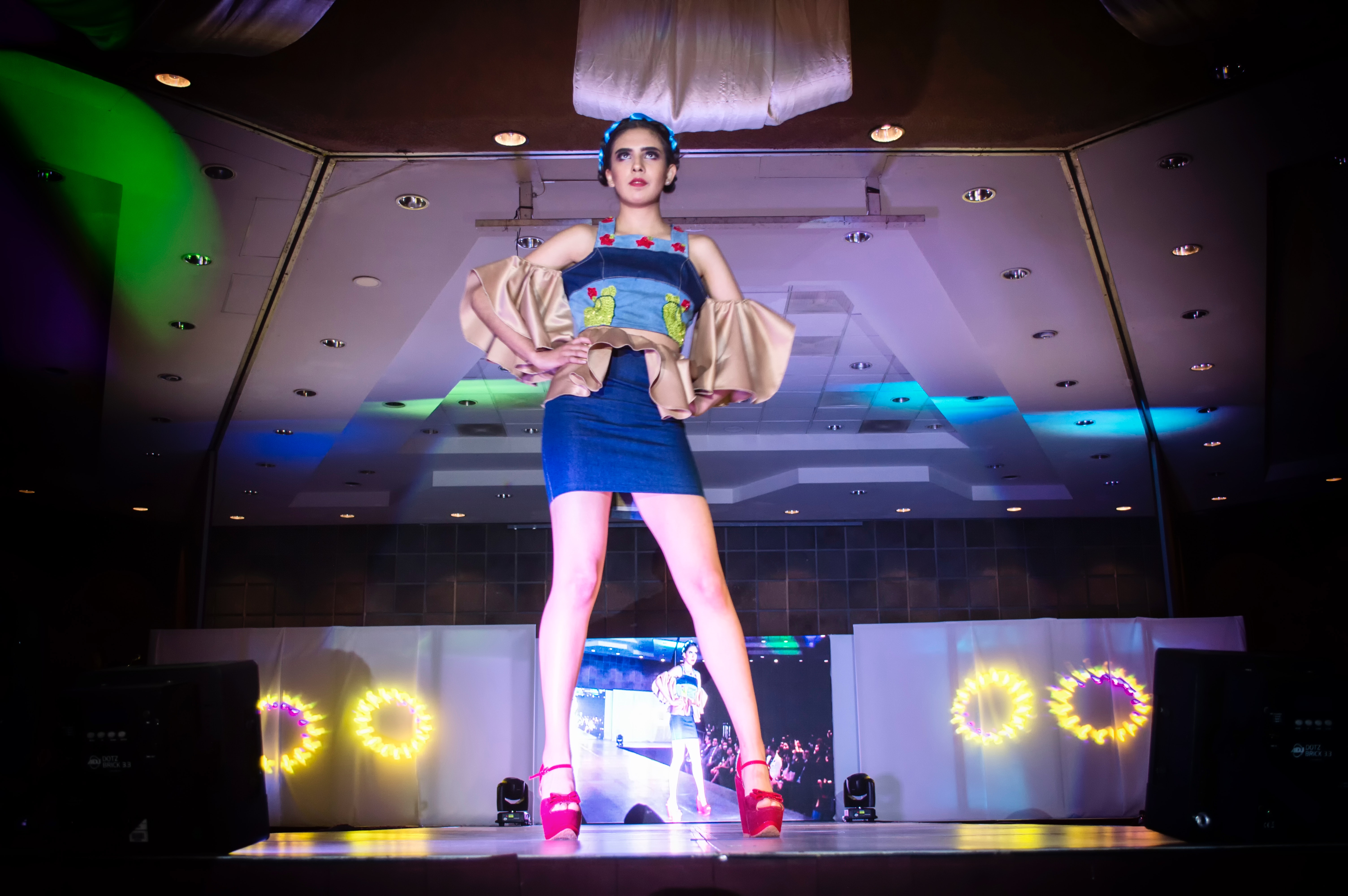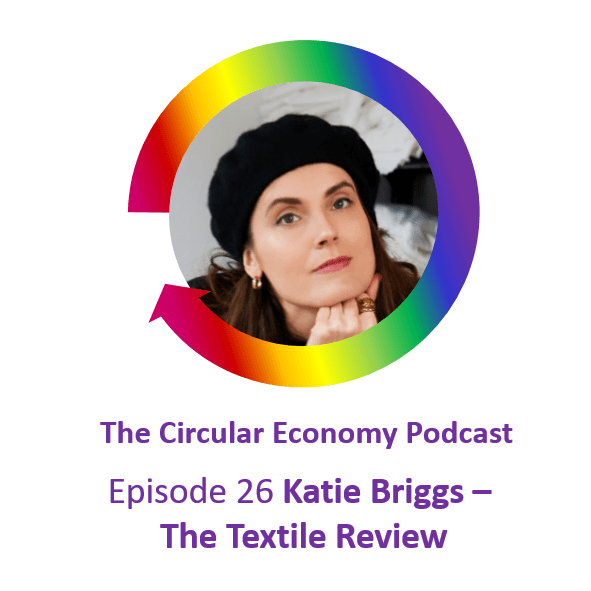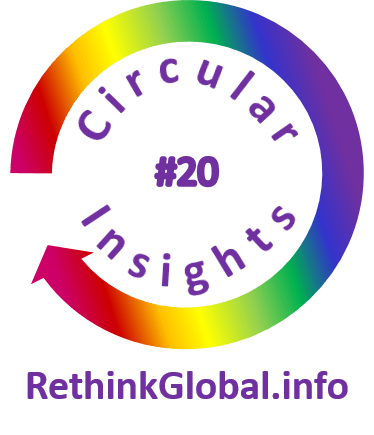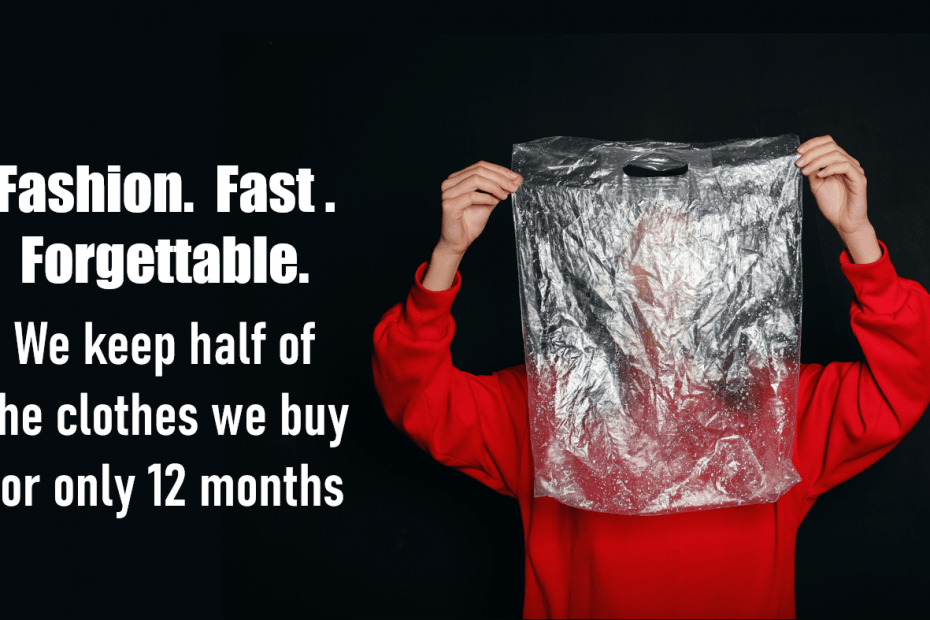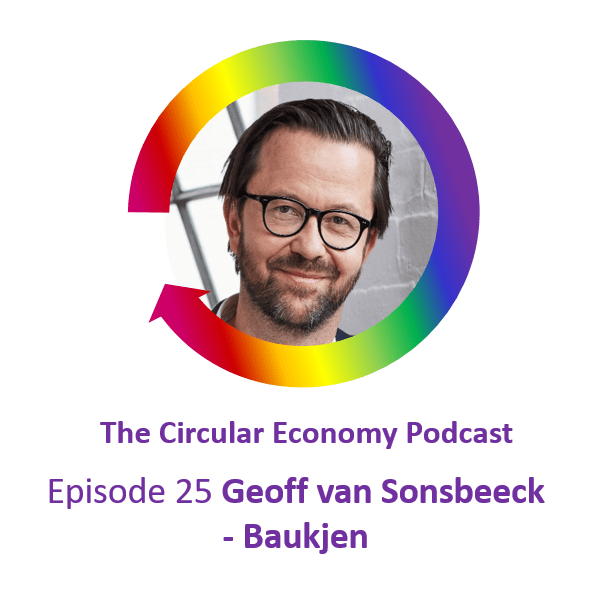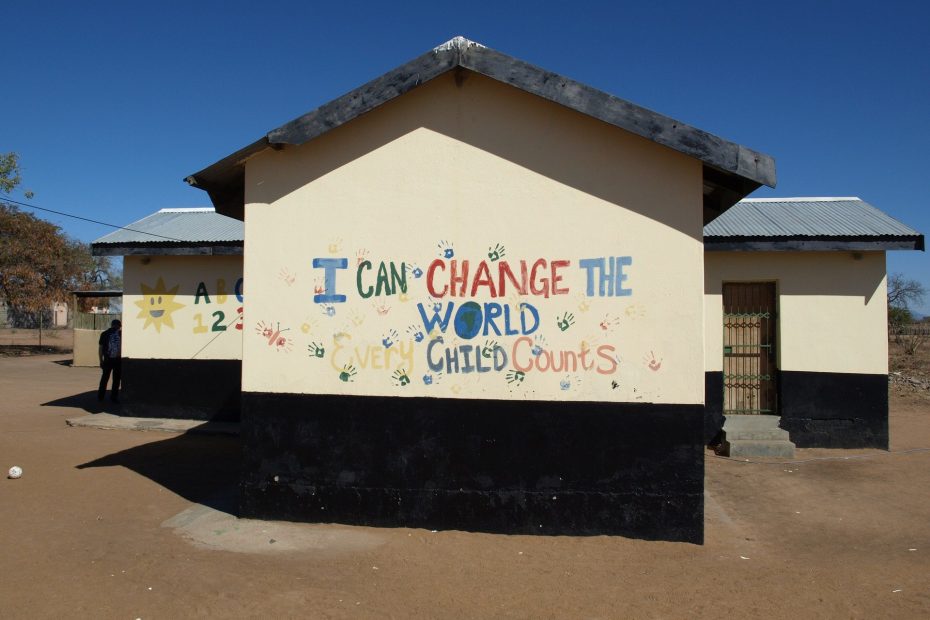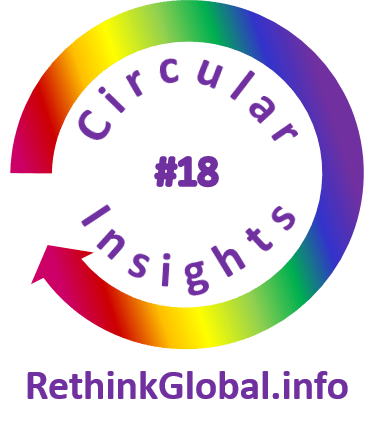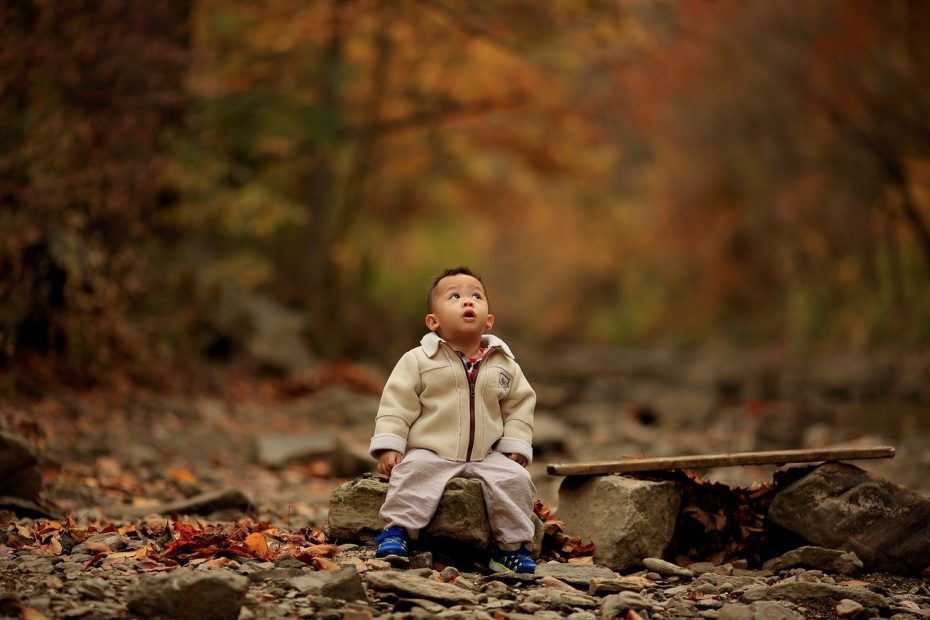Across Africa, and much of the world, end-of-use plastic is not collected for proper recycling. Instead, it is burnt; ends up in drains, sewers, fields and rivers; or in unprotected landfill, allowing toxins and microplastics to leak out. This is one of the hidden costs of our modern ‘linear’ economy – take, make and waste. Four entrepreneurs are turning that plastic waste into value – creating jobs for both disadvantaged and skilled people, improving local environments, and helping people find a purpose. We dig into their business models and hear their top tips for circular startups

